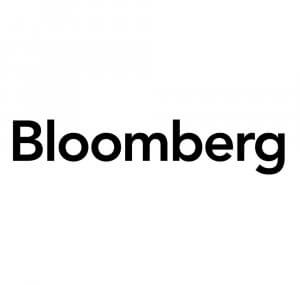France amends local crypto regulations to align with MiCA
France is set to implement changes to its cryptocurrency regulations in order to align with the pan-European framework established by Markets in Crypto-Assets (MiCA).

The Autorité des Marchés Financiers (AMF), France’s primary financial authority, today unveiled the details of its General Regulation and policy concerning digital asset service providers (DASPs) in light of the upcoming “enhanced” registration.
Under the new provisions, highlighted in a press release on August 10, crypto platforms will need to adhere to certain requirements. These include implementing conflict of interest management systems, additional disclosure obligations, segregating client assets from platform assets, and refraining from using client assets without their explicit prior consent. These changes are aimed at aligning the French crypto landscape with broader European regulatory standards.
Currently, France is home to approximately 74 registered crypto companies, and this number is expected to grow further. As the European Union’s Markets in Crypto Assets (MiCA) rules were recently approved by EU ministers, a final round of firms is seeking to anticipate the implementation of these regulations. With a regulatory framework that offers relative stability and a supportive ecosystem, the number of registered crypto companies in France could potentially surge to 100.
Amidst the evolving regulatory landscape in the United States, characterized by increased scrutiny from the Securities and Exchange Commission (SEC), France may indeed be alluring to crypto firms. Circle, the issuer of the second-largest stablecoin by market capitalization, is already seeking to get a dual registration in France as it aims to on-shore its flagship product for the European market – EUROC – a reserve-backed stablecoin.
Circle was the latest to join the list of crypto firms that have scored a major regulatory approval in France, and it follows the steps of Binance and Crypto.com. In recent months, brokerage firm eToro and Digital Currency Group’s Luno have also registered with France’s AMF.
Despite these claims, cryptocurrency firms will be obliged to get a fully-fledged license to operate in France as of January 2024 even before the upcoming EU regulations take effect. The head of central bank also supports the proposal of some lawmakers that would do away with a grace period that the country offers to crypto platforms.
Bank of France governor has called on lawmakers to start working on fresh crypto regulations to protect the financial system after the collapse of the FTX exchange. At present, crypto platforms are allowed to operate in the country without a full license until 2026, meaning they can provide their services with minimal checks.









